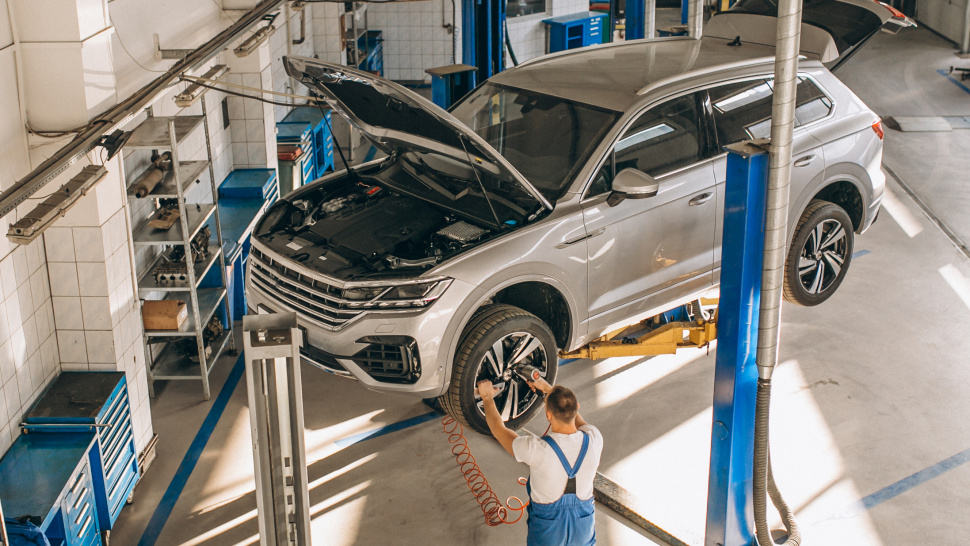If you own a European car, you already know—it’s not just a car, it’s a personality. Sleek, fast, precise… and a bit picky. That’s why taking it to just any mechanic won’t cut it. A professional European service center in Dallas treats your Audi, BMW, or Porsche like the finely tuned machine it is. But what exactly happens behind those shop doors when you drop your keys off? Let’s pull back the curtain.
Spoiler: It’s way more than just an oil change.
Comprehensive Diagnostic Scan
The first thing a good technician does? Plugging in that high-end diagnostic tool. European cars are loaded with tech, and these scans catch hidden issues before they turn into wallet-draining nightmares. A friend once ignored a simple warning light on his Porsche—turned out to be a failing fuel pump. Ouch. Professional shops don’t just clear codes; they interpret them using brand-specific software.
Engine & Oil System Check
Sure, oil changes are standard, but European engines demand specific oils (and yes, the wrong one can wreak havoc). At a proper European shop, they don’t just swap oil; they inspect the entire lubrication system, look for leaks, and check for sludge. Some even analyze oil condition to gauge engine health. Sounds extra? Maybe. But if you’re driving a Porsche, you’ll thank yourself later.
Brake System Evaluation
Your car might stop on a dime, but only if the brakes are maintained properly. At a professional center, they’ll measure rotor thickness, inspect pads, and look for uneven wear—because European braking systems are sensitive. Especially on performance cars. Ever notice a squeak or soft pedal? Don’t wait. If you’re searching for Porsche repair in Dallas, the brake system is often the first thing they’ll check.
Suspension & Steering Inspection
European vehicles are built for precision managing, and even a slightly worn suspension element can break that signature sense. Mechanics will take a look at control arms, bushings, and shocks, checking for leaks or play. If you’ve felt your steering wheel vibrating or pulling, this is where the problem usually shows up.
Transmission & Drivetrain Assessment
Here’s the thing—European transmissions are complex, especially dual-clutch or automated manuals. A proper service includes checking for leaks, inspecting mounts, and sometimes updating transmission software. If your car hesitates when shifting, don’t ignore it. Catching it early can save thousands.
Cooling & Heating Systems
Nothing kills a European engine faster than overheating. Techs will stress-test the cooling system, look at the hoses, and make sure the radiator and water pump are functioning nicely. And don’t forget the heater core—it’s not just about staying warm in winter; it’s a part of the engine’s cooling circuit.
Tire & Alignment Check
Performance tires don’t just wear—they tell stories. Uneven putting on can indicate suspension problems, misalignment, or even horrific driving behavior (oops). A proper European carrier includes checking tire pressure, tread depth, and adjusting alignment to factory specifications. Trust me, you’ll experience the distinction the moment you hit the street.
Why All This Matters
You might wonder, “Do I need all that?” Yes, you do—because European cars aren’t forgiving when neglected. A European service center in Dallas isn’t just charging you for fancy coffee in the waiting room. They’re making sure your car stays safe, responsive, and reliable for years.
And if you own a Porsche, don’t even think about skipping specialized care. Finding experts in Porsche repair in Dallas can be the difference between a quick fix and a major rebuild.
Final Take
Think of a European carrier as a health checkup on your automobile. Sure, it costs more than an everyday oil exchange at a corner store; however, so does skipping it—and purchasing a blown engine later. So, whether or not you force a lively Porsche or a comfortable Mercedes, make certain it’s getting the care it deserves. After all, to procure it for a reason, right?



Share the News